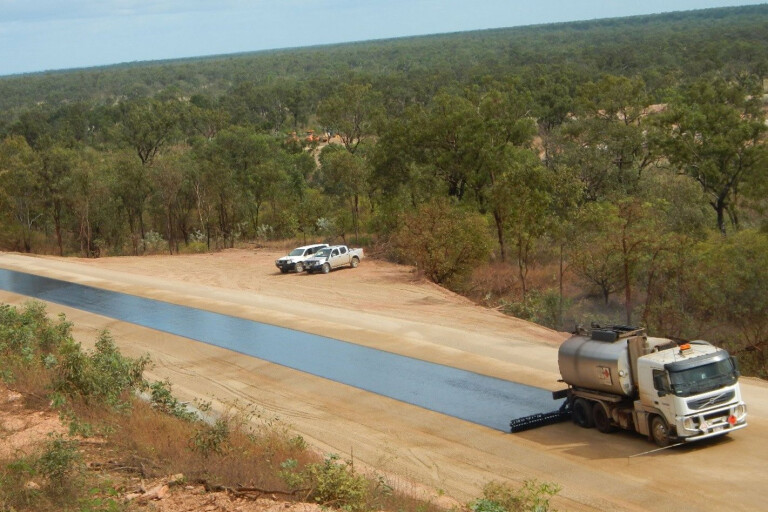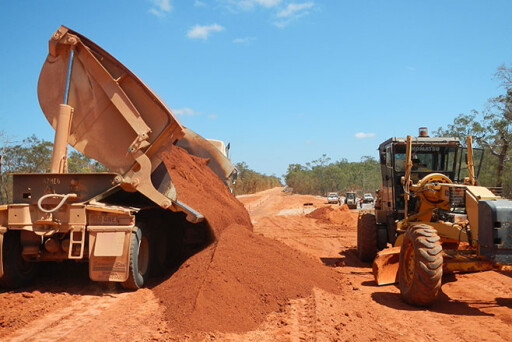
RIGHT across Australia, the increased pace of development is seeing bitumen and tar spreading farther onto roads that not so long ago were off-road tracks.
While I understand the rationale behind it and the joy that locals have when their main access road is upgraded to bitumen, for many four-wheel drivers it seems to be another nail in the coffin of the activity we enjoy.
Bitumen brings more tourists, which is a great thing for local shops and caravan parks, but it means many four-wheelers who don’t like mixing with the tourist masses have to go even farther afield.
It is incredible the difference bitumen makes. The last time we cruised up the WA coast every camp within cooee of the bitumen – good, bad or indifferent – was crowded with vans, motors homes, camper trailers and tents. To get away you’d just head down a dirt road for 20-50km and you’d lose 90 per cent of them.
The same happens on Cape York. Go to Karumba where the bitumen stops on the western side of Cape York anytime between May and late September and the local caravan parks are overflowing. To get away from the mass of humanity all you have to do is head up the dirt.
So what’s happening to bring on this latest lot of despair regarding ongoing development? Here’s just a snapshot of three iconic routes that have long been favoured by dirt-road travellers.
The Outback Way, Australia’s much touted ‘longest shortcut’ which links Cairns and Townsville on Far North Queensland’s coast to Perth in WA has just received funding for another section of the route to be bituminised. Of the 2800km route only 1600km remains unsealed, and the Laverton Shire in WA is pushing ahead with sealing another 50km or so this year.

Tourism isn’t the only driver of this increased pace of development. In this particular WA case the Gruyere Gold Project, east of Laverton, is the largest gold discovery in recent times and the largest untapped gold resource currently in Australia. With a road being built to the site and accommodation units being set in place, Gruyere is set to become a major mine within the next couple of years.
A little farther north the Gibb River Road is continually being upgraded, with more short sections of the route going under tar. Still, with the amount of rain they have had up there this Wet season, the dirt sections of the Gibb (which is by far the majority) will be pretty knocked around and will take a bit of fixing. Expect the route, especially the route north to Kalumburu and the Mitchell Plateau, to be chopped up for some time into the Dry season – they may even be closed for longer than normal, so it’ll pay to check.
Cape York in North Queensland will see the greatest change for outback tourers on the east coast. The plan there is for the main road from Mareeba and Lakeland to be bitumen all the way to Weipa by 2019. The road is already blacktop all the way to Laura and beyond, with more than 120km of bitumen being added in the last few years. In 2017, Cape York travellers can expect to see a lot of road work going on along the Peninsula Developmental Road between Laura and the Bypass Road Junction north of the Archer River, with much more of it going under tar before year’s end. To give you an idea, check out the map we’ve included.
It seems four-wheelers will need to look farther afield for adventures, and luckily we still have plenty of choices in this great country – you’ll just have to go a little farther to find them.

COMMENTS